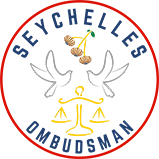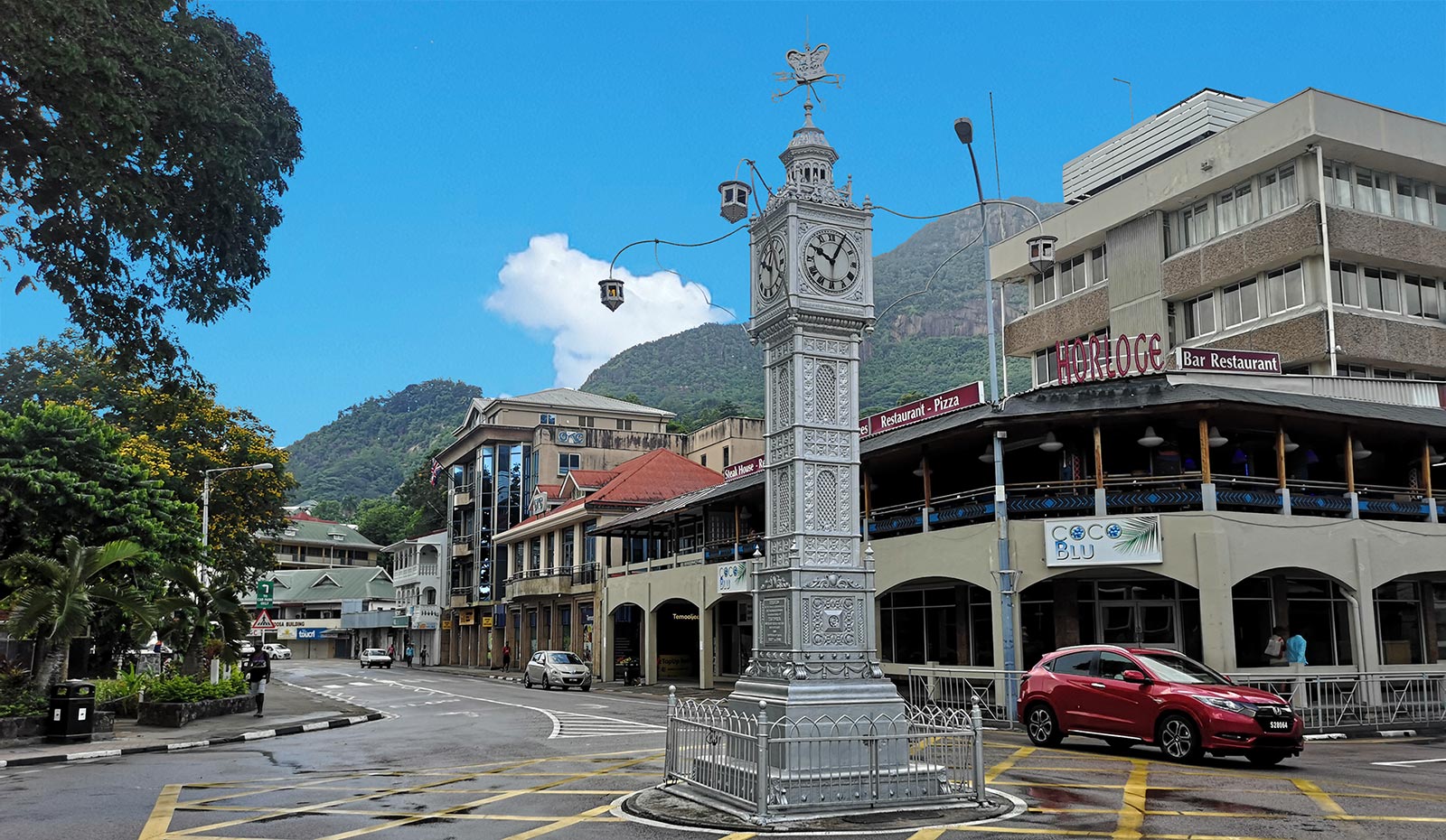20 Feb World Day for Social Justice
“If you want peace and development, work for social justice.” That is the theme chosen by the United Nations for the occasion of this year’s World Day for Social Justice commemorated today.
Since its adoption in 2009, it has become an opportunity for all nations to raise awareness on the need for better social justice not only between nations but within nations.
It is an occasion for us to collectively and critically look at all the social issues such as unemployment, poverty, population growth and substance abuse that may result in unfair exclusion which could in turn cause grave social ostracism and economic harm.
In our Seychelles context, we have always placed our people at the centre of development adopting social justice as our mantra. In the Constitution of our Third Republic in 1993, we recognized the dignity and equal and inalienable Human Rights as the foundation for freedom, justice, welfare, fraternity, peace and unity.
We undertook to “develop a democratic system which will ensure the creation of an adequate and progressive social order guaranteeing food, clothing, shelter, education, health and a steadily rising standard of living for all Seychellois,” and to do so, we pledged to “participate actively in the sustainable economic and social development of our society.”
However, twenty six years into that Third Republic, we continue to experience a fair share of social issues recurring each year. 2019 has begun with repeated incidents of violence, with five murders in January alone. A national plea to stop bullying in schools has laid focus on allegations of bullying pushing one young person to suicide in a first for our country. Teenage pregnancy and unplanned parenthood, drug-trafficking and all kinds of substance abuse, serious human trafficking offences, corruption, climate change, and a recorded 40% poverty in our small country of less than a 100,000 continue to make headlines.
So many social issues have a potential to cause instability. They must all be addressed urgently not only through policies but also through laws and regulatory enforcement of those laws. Government regulations must involve laws that create conditions that do not limit or deny individuals or groups access to the same opportunities and resources that are readily available to the rest of society. The lack of such laws can lead to the creation of socially unjust conditions.
A case in point is that of our citizens with physical disabilities who find themselves reliant on the system or on others instead of being able to enjoy their constitutional right to the independence they deserve and may, in most instances, want and need. To stop creating the condition for social injustice, we must pay closer attention to key laws that govern education, health care, labour, the environment, elections and policing.
Our welfare state has guaranteed institutions that should ensure social justice for our citizens. The Office of the Ombudsman is one of them.
We are charged with representing the public interest through investigating and addressing complaints of maladministration and violation of rights by public officers and authorities. A key objective of the Ombudsman’s Office is to foster good public administration that is accountable, lawful, fair, transparent and responsive.
Social justice requires both that the rules be fair, and that everyone plays by the rules, hence a society’s rules of “fair play.”
People deserve to be rewarded for their effort and productivity, punished for their transgressions, treated as equal persons, and have their basic needs met. But because these principles may sometimes come into conflict, it is often difficult to achieve all of these goals simultaneously. Sometimes, where errors lead to administrative deficiencies, the Ombudsman will mediate. By resolving individual complaints, the Ombudsman’s work also improves government by putting right the wrongs of public administration. Social Justice is achieved.
Education also remains a fundamental tool for reinforcing social justice. Through education we can, as a nation, promote positive social change that will lead to an unbiased, more tolerant and fair-minded society. The school system holds the key to educating the younger generations not only on their rights and obligations under the Constitution but also on respect of the rights of others. Other resources, such as TV and radio, print and social media can also be used to inform all our citizens. Our media players must be fully encouraged to play their ‘Fourth Pillar’ role through more balanced and objective investigative reporting on issues of social injustice.
After all, achieving social justice is not a task for the Government alone. In adopting the Constitution, every citizen of Seychelles undertook the duty to uphold the Constitution, foster national unity, further the national interest, work conscientiously in a chosen profession, occupation or trade and contribute towards the well-being of the community. By fulfilling that role, every citizen also works for more social justice in this country.
American activist for children’s rights, Marian Wright Edelman sums it up for reflection: “The challenge of social justice is to evoke a sense of community that we need to make our nation a better place, just as we make it a safer place.”
Making our society a better place starts with us all individually. From inside the home, the school, the community and the workplace, we all have a role to play in ensuring that social justice is and remains at the centre of all our actions. By working for that social justice, we will as a nation, enjoy the peace and development to which we all aspire.
Nichole Tirant-Gherardi
Ombudsman



